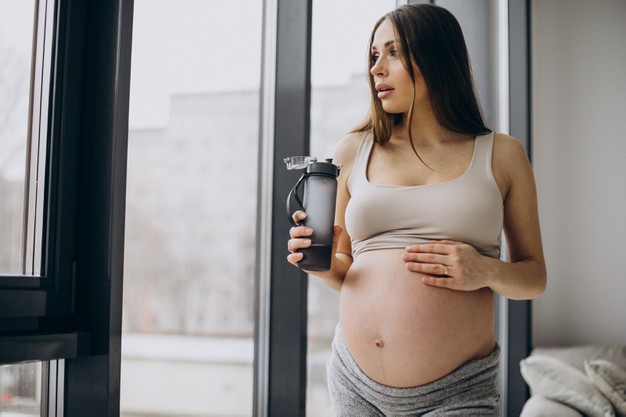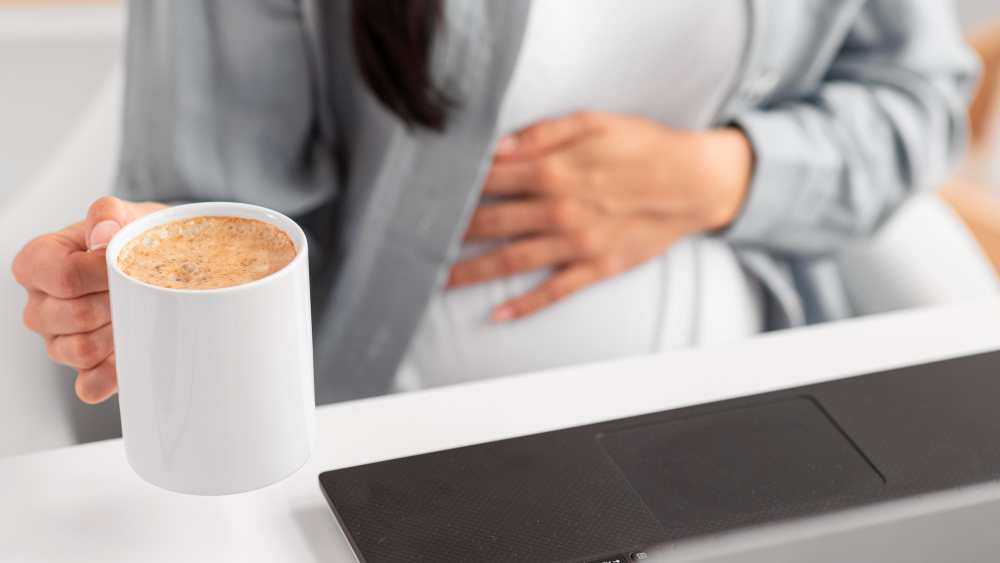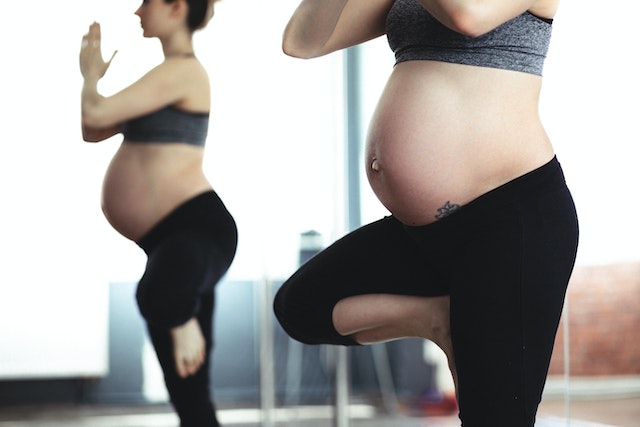Introduction:
Planning for a baby is an exciting journey that involves making various lifestyle changes, including dietary choices.
Consuming a healthy and balanced diet plays a crucial role in preparing your body for pregnancy.
In this article, we will discuss some unhealthy foods that should be avoided when planning for pregnancy, ensuring optimal health and fertility.
Processed and Fast Foods:
Processed and fast foods are often high in unhealthy fats, sodium, and artificial additives.
These foods lack essential nutrients and can negatively impact fertility. Opt for whole, unprocessed foods instead, including fruits, vegetables, lean proteins, and whole grains.
Sugary Foods and Beverages:
Excessive consumption of sugary foods and beverages can lead to weight gain, insulin resistance, and hormonal imbalances.
Avoid or limit your intake of sugary snacks, sodas, energy drinks, and desserts. Choose natural sweeteners like honey or maple syrup in moderation.
Trans Fats:
Trans fats are found in fried foods, commercially baked goods, and some margarines.
They can increase inflammation in the body and interfere with ovulation. Opt for healthier fats like olive oil, avocados, nuts, and seeds.
High-Mercury Fish:
Certain fish, such as shark, swordfish, king mackerel, and tilefish, are known to contain high levels of mercury.
Mercury can be harmful to fetal development. Choose low-mercury fish options like salmon, trout, and sardines, which are rich in omega-3 fatty acids.
Caffeine:
Excessive caffeine consumption has been linked to fertility issues.
While moderate caffeine intake (200 mg per day) is generally considered safe, it’s best to limit your consumption of coffee, tea, energy drinks, and other caffeinated beverages.
Alcohol:
Alcohol should be completely avoided when planning for pregnancy.
It can interfere with hormone production, disrupt menstrual cycles, and increase the risk of birth defects.
If you’re trying to conceive, it’s important to abstain from alcohol.
Unpasteurized Dairy Products:
Unpasteurized dairy products may contain harmful bacteria such as Listeria, which can lead to complications during pregnancy.
Ensure that all dairy products you consume are pasteurized to reduce the risk of foodborne illnesses.
Raw or Undercooked Meats and Seafood:
Raw or undercooked meats and seafood can harbor bacteria, parasites, and viruses that may pose risks during pregnancy.
Cook all meats thoroughly and avoid consuming raw or undercooked fish, shellfish, and sushi.
High-Glycemic Index Foods:
Foods with a high glycemic index, such as white bread,white rice, and sugary cereals, can cause rapid spikes in blood sugar levels.
These foods can disrupt hormonal balance and increase the risk of insulin resistance. Opt for whole grains and complex carbohydrates instead.
Artificial Sweeteners:
While most artificial sweeteners are considered safe in moderation, it’s best to limit their use when planning for pregnancy.
Choose natural sweeteners like stevia or opt for small amounts of honey or maple syrup.
Conclusion:
Maintaining a healthy diet is crucial when planning for pregnancy.
By avoiding unhealthy foods like processed snacks, sugary treats, high-mercury fish, alcohol, and unpasteurized dairy products, you can optimize your fertility and create a favorable environment for conception.
Incorporate nutrient-dense foods, stay hydrated, and consult with a healthcare professional or registered dietitian for personalized guidance on achieving a healthy diet while preparing for pregnancy.
Remember, making these dietary changes is an investment in your future and the well-being of your baby.











